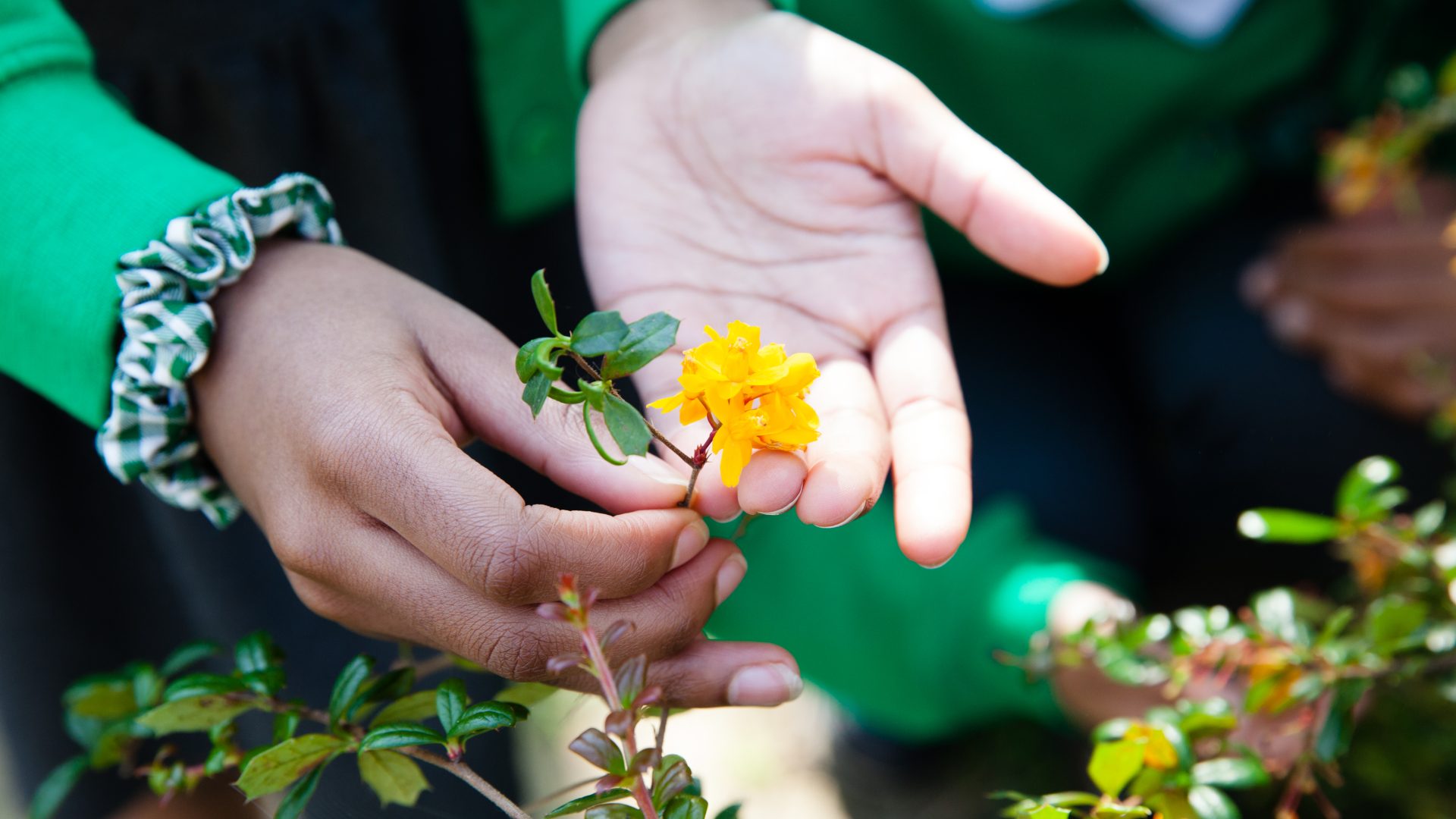Join Stage 3 of our Festivals of Chemistry and get stuck into a nationwide challenge which explores how we can use chemistry to make the world a greener place.
Read more and submit your work on our Festivals of Chemistry website.
Who?
14-16 year olds based in the United Kingdom in teams of up to 4 people.
What?
The Brief
How can we embed the natural world into the way we live?
As the modern world grows around us, sustainable building practices have never been so important in ensuring that the environment is not destroyed in the pursuit of progress. The process for the production of cement alone accounts for almost 10% of global greenhouse gas emissions, which is one of the most common building materials. It is clear that a solution must be found to change building practices for the better.
Your challenge, in a team of up to 4, is to find ways in which we can embed the natural world into the way we live at a local, national or global level. Your solution should talk about your ideas, and what you have obtained from your experiments. Your results can be submitted as either a model/demonstration, presentation and/or a report (whichever best showcases your solution!).
Your solution should also be made with easily accessible resources and shouldn’t be too expensive!
Make sure that you refer to the judging criteria found here.
Getting Started
There are so many natural resources that we can use to solve everyday problems. Think about an everyday problem in your own life, and how we can use the world around us to come up with a solution. For example, one of the main problems that we face today is the amount of waste produced from the construction industry. Plants are able to remove waste from their environment and turn it into something useful such as water and energy.
How about using the natural world in creating a new form of renewable energy? Is there is way we can include these ideas in how we build and live? What other aspect of our everyday life can we take inspiration from nature?
Why not start out by trying these at home and in school experiments which you can find on our resources page.
Developing your idea
A good place to start would be to consider what problem you are trying to solve. Are you coming up with a replacement material for an everyday building material? Or a way to make a common construction process more sustainable using natural/materials? Or are you thinking of a way to integrate renewable energy sources into the building structure? The suggested resources are a great place to learn about the problems we face and can help you narrow down your question, but don’t be afraid to do your own research outside of this!
From here it may be good to think about the following questions:
- What impact does everyday materials have on the environment? What are the specific problems with this particular material?
- What properties are important to the use of the materials you are researching, and what natural materials share them?
- If you are researching a process, what are the main downsides of the process?
Once you have come up with a solution, you should find data that supports it! Evidence that shows your solution is more environmentally friendly and more economically viable than the current practice is incredibly important, and can be found in articles, documentaries, or even experiments that you have done yourself. Your evidence should also help guide you in how you should present this along with other sources of information e.g. articles, images, documentaries.
Use our handy step-by-step guide an judging criteria to help you along in the competition.
When?
Submission Deadline: Friday 20th October 2023
Winners announced: Friday 10th November 2023
Awards Ceremony: Friday 1st December 2023
Prize:
Winners will:
- have the chance to meet a leading chemist to discuss their idea and how it can be developed
- receive a subscription to an international chemistry magazine
- enjoy the gift of a goodie bag containing a book, mug, moly mod kit and lab coat
3 runners up will get a goodie bag for each member of the team.
Questions?
If you have any questions, please contact our Festivals Programme Manager, Sam Howard, at [email protected].

